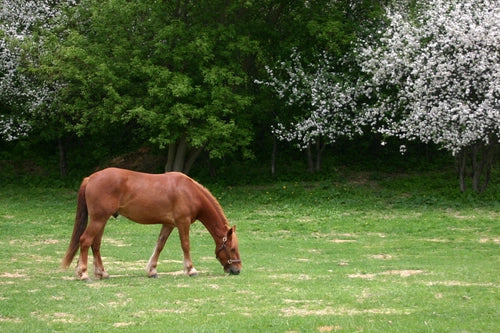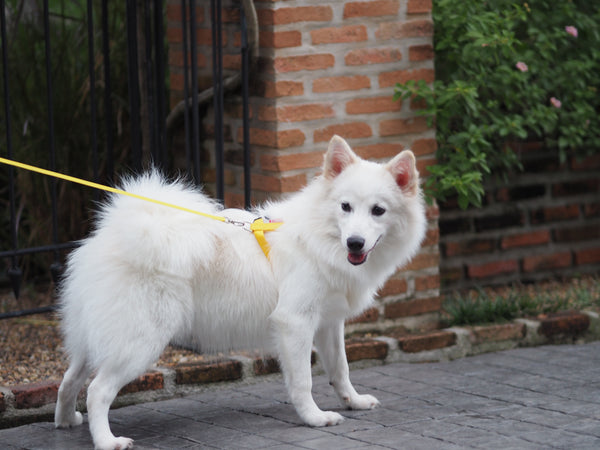A hot-headed horse can prove an intimidating ride for many with behaviours ranging from the feeling of pent up energy including spooking, bucking, bolting or rearing. This can lead to these horses being passed from home to home and struggling to reach their full potential. Supporting the hot-headed horse through good stable management and in their ridden work can provide a unique challenge for horse owners. In our latest blog Scientific Nutritional Products takes a look.at how this can be done.
Riders who have dealt with hot-headed types will know the feeling of being on the edge of an explosion of energy. These types of behaviours are associated with changes in the hormones adrenaline and cortisol.
When a horse or pony perceives a threat, for example their field-mate being turned out without them or a particularly ‘spooky’ jump in the sand school a common response for sensitive horses would be to return to their natural instincts as a flight animal. This sparks a series of internal responses where part of the brain; the hypothalamus sets off a signal prompting the release of the adrenal glands hormones; adrenaline and cortisol. Adrenaline makes the heart beat faster, causes blood pressure to rise and cortisol increases glucose in the blood stream. Managing horses and ponies who often react this way can prove challenging but it is up to the rider to find the right way to manage, communicate and build a partnership.
Five Top Tips from Scientific Nutritional Products
Establish a Bond
Some horses take time to build trust in a person so spending time with your horse and being patient and consistent can really help with sensitive types. For anxious equines one-on-one interaction works best, so they may not suit having multiple riders and care givers.
Stick to a Routine
A consistent, predictable routine can help horses and ponies feel secure and sticking to a regular exercise, turn-out and feeding schedule is recommended. It’s helpful to be mindful of changes on the yard or any new equines arriving on site as this may affect highly responsive horses.
Turn-out at Pasture
Management of the hot-headed horse often requires daily turn out and for some horses living out can be best. Time in the field allows stored energy to to be burnt up with plenty of movement and interaction with others.
Training Techniques
Style and type of training really matters with sensitive equines and ensuring you have a suitable instructor on board is beneficial. Horses learn through repetition so maximising positive exposure to things that your horse may find ‘spooky’ can be helpful as well as taking things slow. For many hot-headed types having a low pressure approach to your riding is wise and following a varied but predictable training plan; for example interspersing Dressage sessions with regular hacking.
Diet Matters
Research has shown that high-starch diets can result in a ‘fizzy’ state of mind in some horses so make sure your horse’s diet is rich in forage and not high in concentrates.
Horse Calmer Supplements can be useful too. Calmer Equine Plus from Scientific Nutritional Products contains premium Magnesium which works as an ‘anti stress mineral’ Plus B group vitamins which help relax muscles and the nervous system. Calmer Equine Plus also contains a unique blend of a Prebiotic and Probiotic live yeast culture which help stabilise and calm the digestive system - ideal for helping to calm Nervous and Spooky Horses making them more Manageable and Rideable
Calmer Equine Plus is available from www.horsesupplementsdirect.co.uk . For more information visit our website or contact a member of our team on Freephone 0800 032 7774



